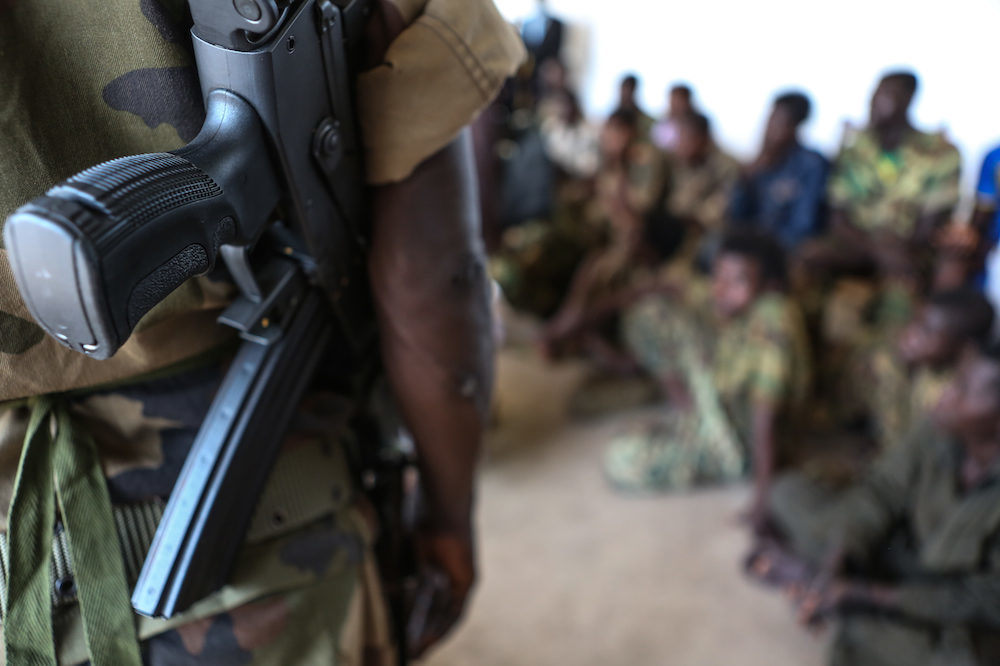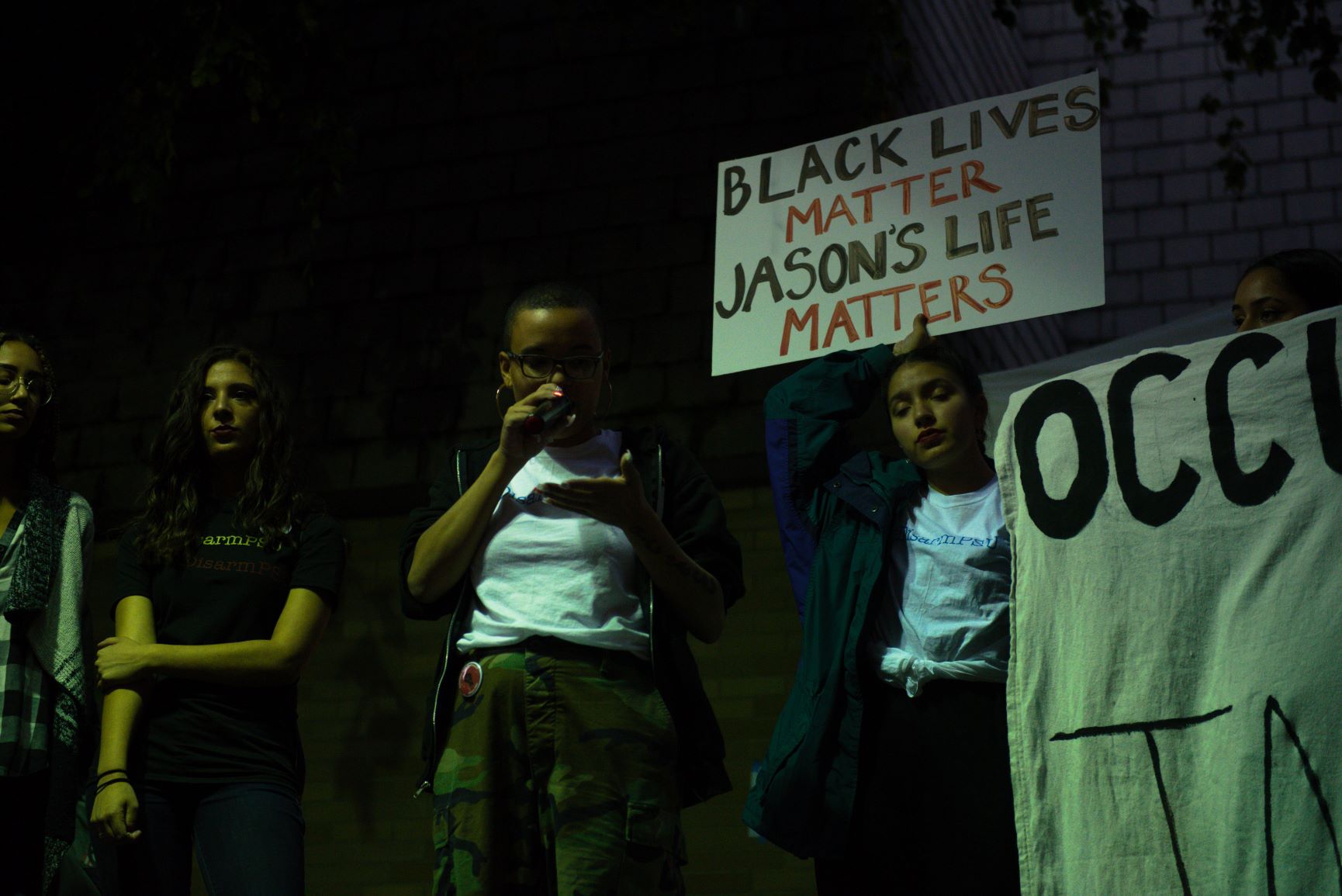Chris Mosier, a six-time member of the United States Olympic team, talked to the Portland State community on his status as the first known transgender person to compete in the Olympics and what the next step is in gender inclusion in sports.
Illuminate hosted Mosier on May 17 for the Queer Resource Center’s Pride Month series in collaboration with Campus Recreation. Mosier, who has competed in the Olympic duathlon and triathlon, spoke on his experiences and answered questions from the crowd.
Mosier started the night by stating his pronouns as he, him and his. He said, “We don’t know what we don’t know, and if you don’t know, go ahead and ask.”
Mosier grew up in Chicago and said he didn’t know a single LGBTQ+ person in high school.
“The message [about transgender people] I received came from Jerry Springer and Maury Povich,” Mosier said, referencing popular television programs in the ‘90s, which were known for casting transgender people in unfavorable situations.
“There was no Laverne Cox back then,” Mosier said. “We say B.C.J.—before Caitlyn Jenner. I don’t keep up with the Kardashians; she doesn’t come to my races.”
Mosier then clarified that from his experience, he didn’t always know about the issues transgender people face or understand the broad spectrum of gender and sexual identities. He wanted to create a space where people would feel comfortable asking questions.
“When you don’t know you don’t know, but when you do know, you have to do better,” Mosier said.
“Just like there’s no one way to be a man, and there’s no one right way to be a woman—there is no right way to be transgender,” he said. “I can’t represent all transgender athletes.”
Mosier also described his journey not only through sports but through life as a man. He is the first transgender athlete to be sponsored by Nike and was named “person of the year” by OutSports in 2016. Mosier is also the founder of transathlete, a website which not only offers advocacy for young athletes but also offers advice to organizations from K-12 to professional sports on gender policy and trans inclusion.
Mosier also discussed the implications of the regulations under the International Olympic Committee. Until 2016, the IOC required transgender athletes to undergo surgery in order to compete in their corresponding gender category. Mosier said he thinks “it’s a human rights violation to ask someone to modify their body.”
According to Mosier, the IOC also places fewer restrictions on trans men than trans women. According to the committee, “those who transition from female to male are eligible to compete in the male category without restriction,” but trans women are required to submit to hormone testing. The IOC defines these restrictions under the “overriding sporting objecting [being] and [remaining] the guarantee of fair competition.”
On the IOC’s more restrictive guidelines for trans women, Mosier said he believes “there is no amount of glory that is worth it to go through what trans people go through daily.”
Mosier also discussed the challenges of gender inclusion in sports regarding gender non-conforming and non-binary athletes. He said the division between men’s and women’s sports presents a substantial challenge in policy for transgender athletes who identify as neither a man or a woman.
“The next step for LGBT Athletes in sports is to find a good way for non-binary and gender non-conforming people to compete,” Mosier said.
When Mosier answered questions from the crowd, he suggested an in-person alternative to submitting questions digitally by having the people with questions stand so he could respond directly. When asked, “Why is there no section for non-binary on your website?” Mosier responded by saying he runs the website himself.
“I will change that tonight, thank you for pointing that out to me,” he said.
The final question of the evening was “What do you do for self care?” Mosier replied, “I spend time with my bunnies,” and “I spend time with my wife, and I catch pokemon.”






